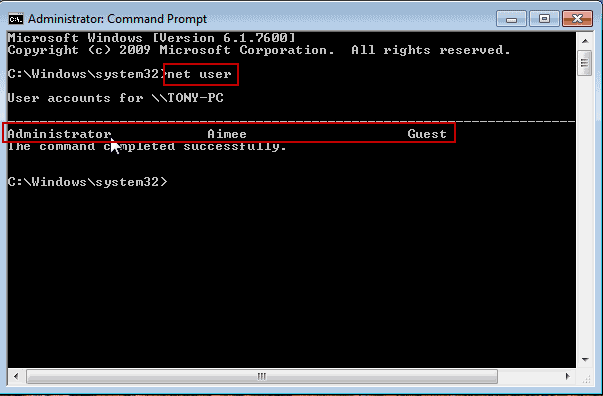

In cases where customers can’t install or run antivirus software, Microsoft recommends manually setting the registry key as described below in order to receive the January 2018 security updates. Devices using either the Windows built-in antivirus or another security solution can benefit from these updates. The anti-virus software must set a registry key as described below in order to receive the January 2018 security updates. In these situations, Microsoft recommends installing a compatible and supported antivirus application such as Microsoft Security Essentials or a third-party anti-virus application. In a default installation of Windows 7 SP1 or Windows Server 2008 R2 SP1, customers will not have an antivirus application installed by default. Windows 7 SP1 and Windows Server 2008 R2 SP1 Customers The antivirus software must set a registry key as described below in order to receive the January 2018 security updates. Microsoft Defender Antivirus is an antivirus software that's included in Windows and can help protect your device from viruses, malware, and other threats. Customers can take advantage of built-in antivirus protection, Windows Defender Antivirus, for Windows 8.1 and Windows 10 devices or a compatible third-party antivirus application.


That means were trusted by Microsoft - and our 435+ million users - to prevent viruses. Microsoft recommends all customers protect their devices by running a compatible and supported antivirus program. Avast is Windows 7s official consumer security software provider. Windows 10, Windows 8.1, Windows Server 2012 R2 and Windows Server 2016 Customers


 0 kommentar(er)
0 kommentar(er)
